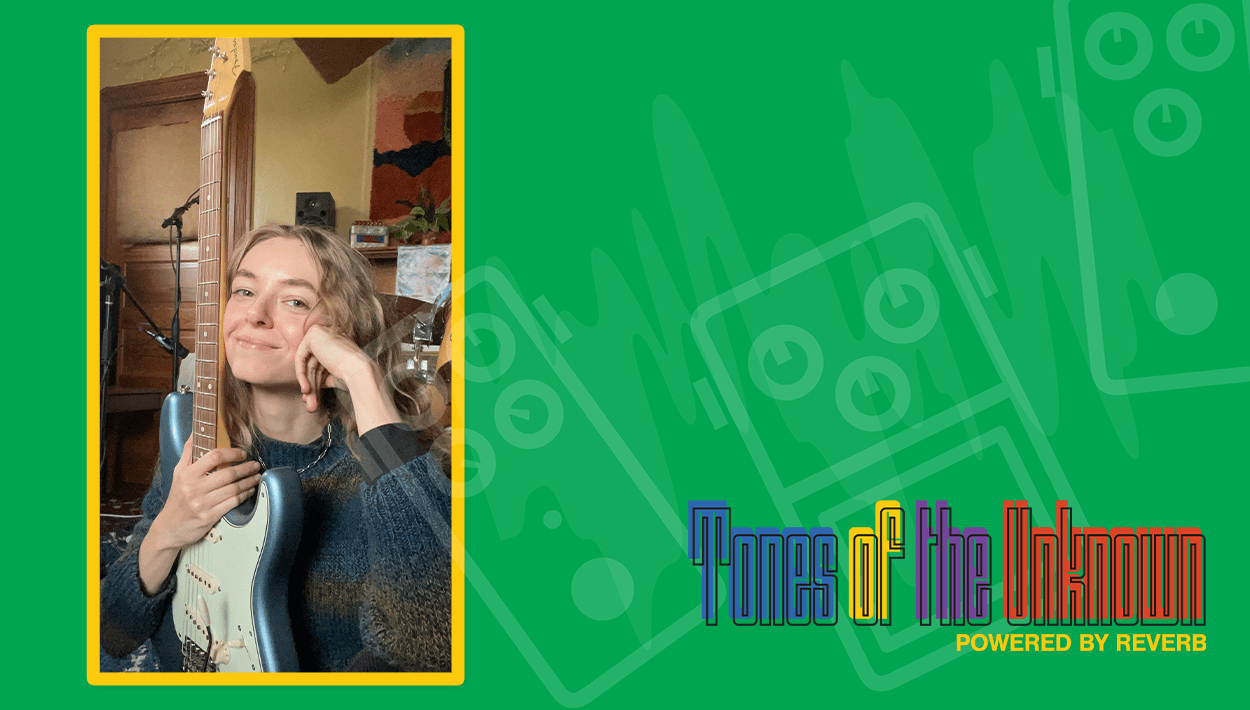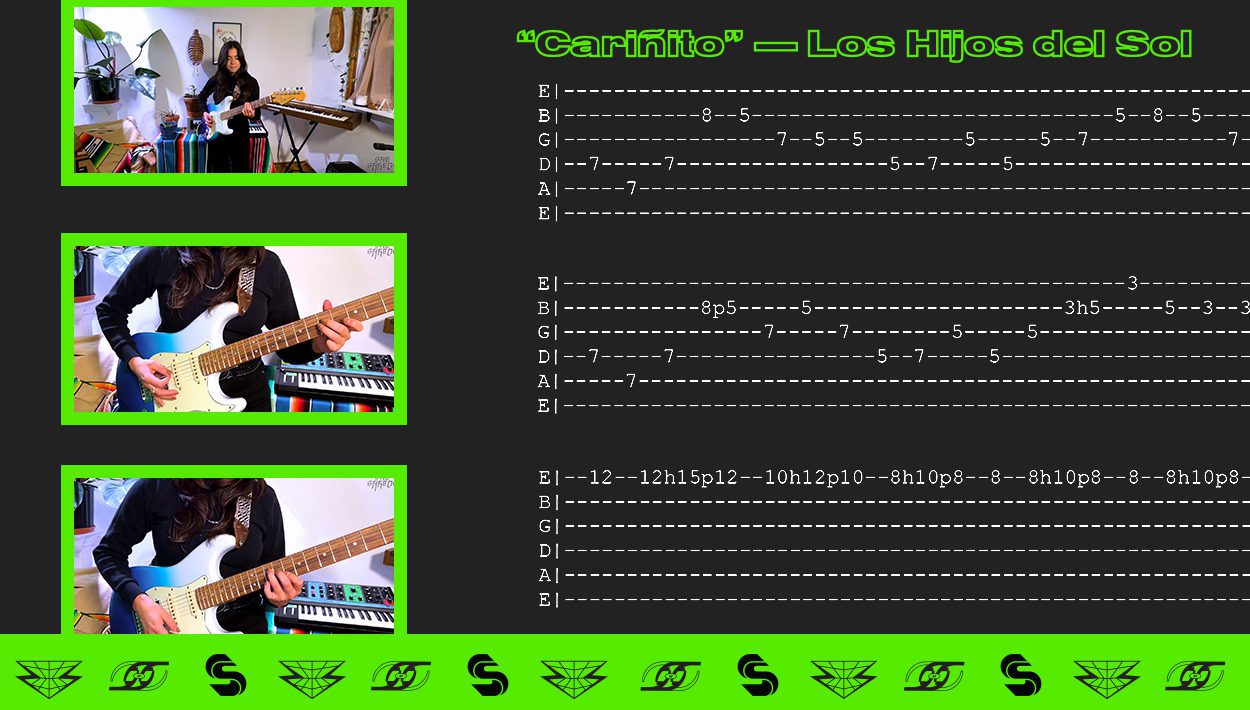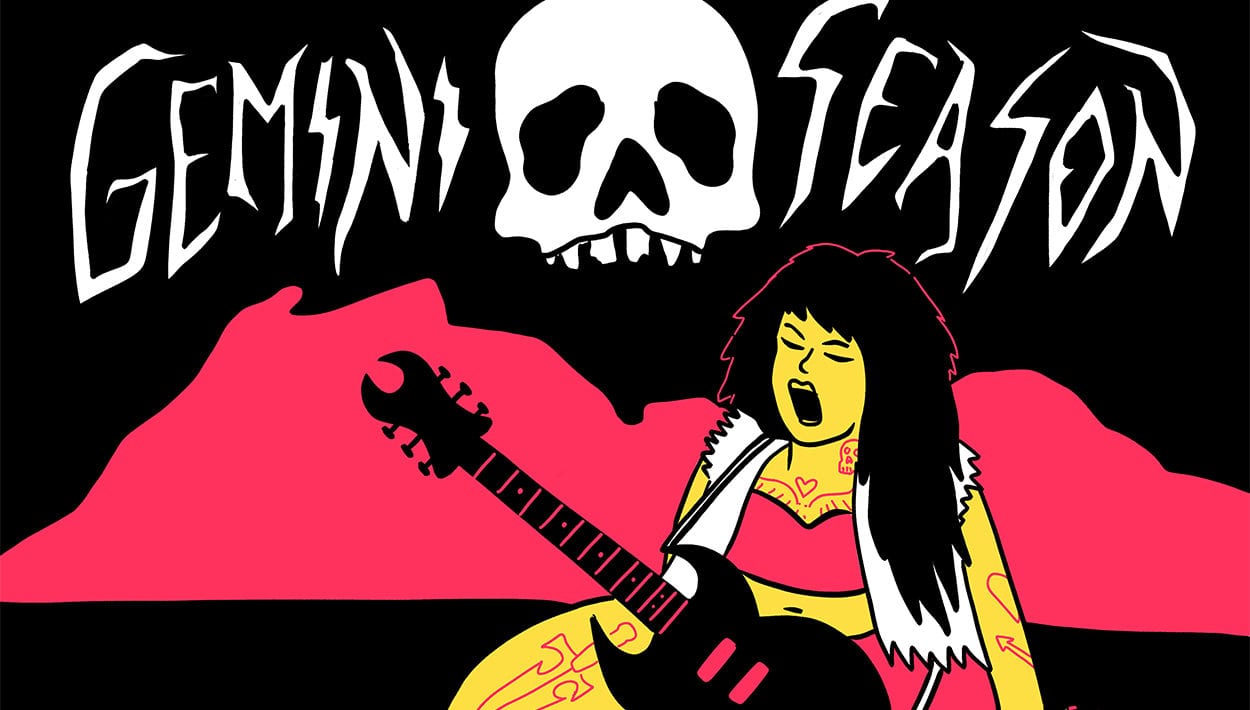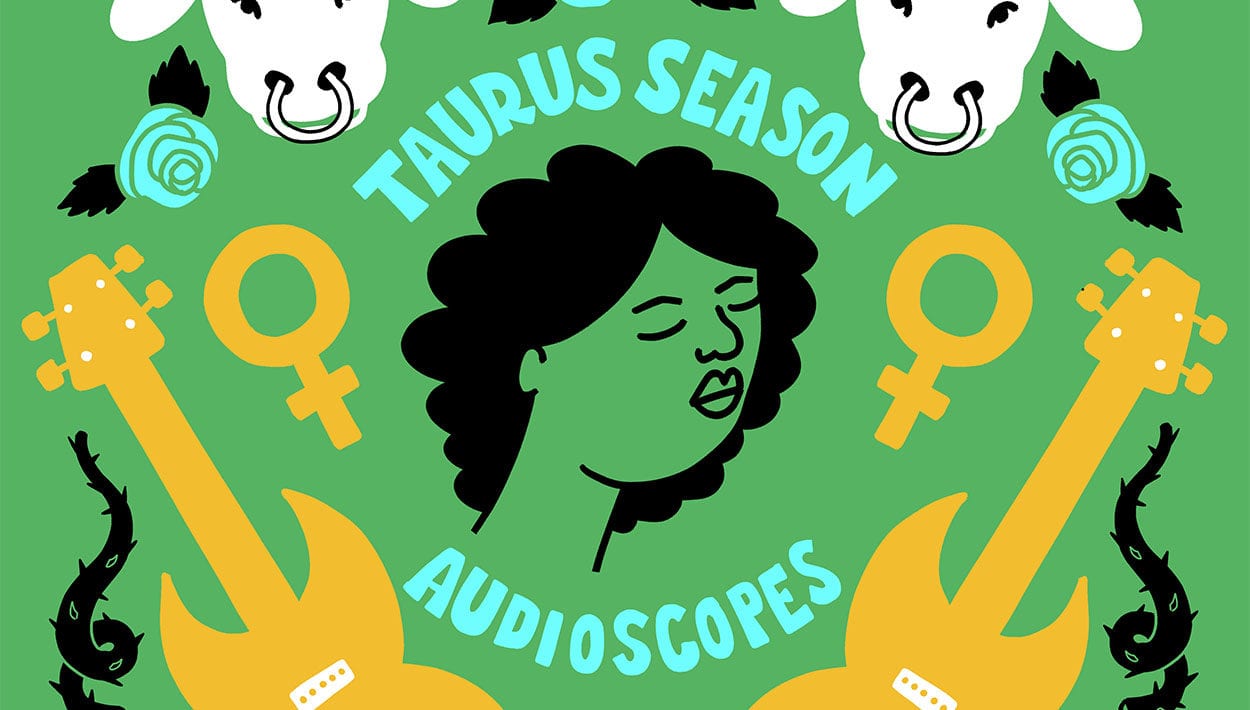“It’s Impossible to Destroy”: Meklit On Afrofuturism, Star Technology, and Immigration Activism
Meklit discusses activism through music and bringing sounds to life from the everyday world around us.
Meklit, born Meklit Hadero, and her work as a musician and activist are hard to summarize succinctly. She is a co-founder of The Nile Project which unites musicians along the Nile River Basin while researching water issues facing impacted communities. In just a matter of weeks, she’ll officially have the title of National Geographic Explorer, as part of a grant she received through the Documenting Migrations Initiative. With her full band, Meklit will lead a production team through her home country of Ethiopia and share her story of immigration and music. Among a long list of other incredible accomplishments, Meklit plans to be part of highlighting the voices of immigrant women during a showcase presented by Women’s Audio Mission, in honor of International Women’s Day this March.
On December 6th, performing inside of an abandoned train station for Bulleit’s 3D printed Frontier Works installation, we caught Meklit beautifully illuminated by legendary lighting designer Elaine Buckholtz as she performed music from her latest album, When the People Move, The Music Moves Too. Melklit was chosen by Bulleit for this particular event because of her status as an innovator and her rising profile on the edge of technology and music in the Bay Area. Before hitting the stage, She Shreds sat down with Meklit to nerd out over the star guitar, data sonification, and her work within the context of Afrofuturism.

Photo by Ibra Acke. Artistic Direction Wangechi Mutu
The concept of Meklit’s star guitar developed as an experiment with a since discontinued plugin for Ableton Live called iZotope Spectron.
“It would literally hybridize the two sound waves. It would match them together and be like, if these two sound waves were one sound wave, this is what it would sound like. And that’s why there’s nothing out there that does that right now. You could say I want the highs of the guitar and the lows of the star, or you could kind of just mess with it.”
The star sounds she’s referring to were ones she personally selected during her ongoing research with NASA scientist Jon Jenkins. They record information from celestial lightwaves, find data points with the appropriate features, turn it into binary code, and then express that data through sound-waves. To resurrect the star guitar concept, she plans to work with a developer to create the new software herself.
In the meantime, Meklit’s research on data sonification continues.
“The idea of data sonification is to use your different senses, to use your ears, and to be able to connect people to meaningful data, and to be able to feel it at multiple levels, not just with your intellect but also with the pulses that the data creates and the rhythm that it creates and the sound it creates…”
“He’s (Jon Jenkins) teaching me how to sonify data so he’s teaching me the processes he used to create the star sounds. But I actually want to be able to take those processes and use them to be able to sonify all kinds of other data including data about immigration.”
To imagine how Meklit might use data regarding immigration to inspire compositions, it’s helpful to watch her fantastic TED Talks speech, which has been viewed over one million times. In it she describes how the “sonic lineages” all around us are potential fodder for songwriting. For example, the rhythm of her song “This Was Made Here” was inspired by the percussive sound of a cooking pot lid as it fell on her counter while cooking lentils. The tonal movement of various Amharic words and expressions have inspired bass lines, and the ambient sound of water have all become inspiration for songs.
For someone who is such a radical listener, one might expect her to be putting out ambient noise albums. To the contrary, Meklit’s music is a bold and joyful mix of Ethio-jazz, soul, and folk.
To imagine why Meklit might want to write music using immigration data, consider her own story. Born in Ethiopia to a family of scientists, she grew up falling asleep to her mother’s lullabies sung in Amharic, her first language. Fleeing the political turmoil of post revolution Ethiopia, her family left their home and was on the move between Germany and The United States. After getting her degree in political science from Yale, she moved to San Francisco and began her musical career. In recent years, new stories of immigration internationally as well as the political climate in the United States have centered the importance of her own immigration experience in her music. That urgency has bonded her closely with other immigrant women such as Bay Area musician, guitarist, and activist Diana Gameros.
Meklit’s newest musical release is the video for her song “Supernova”. Originally written on the star guitar, the final studio version gives you a teaser of sonified star data—the ambient decrescendo you can hear at the end after the drums drop out. The thoughts behind “Supernova” first developed while she was part of the trio CopperWire whose 2012 concept album, Earthbound, was a full on Afrofuturist hip hop space-opera.

In “Supernova”, Meklit contemplates our ancient origins in stardust, while looking infinitely into the future, deriving power from the inherent permanence of matter.
“One of the core tenants of Afrofuturism is writing yourself into the future. Also saying that if we cannot imagine ourselves in the future, how are we going to get there? Everything that we create, everything we see began in someone’s imagination… so what do our imaginations tell us about the future? I feel like my music in a very raw and real way is saying, ‘Well I see immigrants there and I see women of color there who are writing our own stories.’ And I see that we are so much more than the boxes and stereotypes that have been pushed upon us, that actually we are stardust. I could say there’s a part of me that is connected to a thousand supernovas. Well, that is hard to destroy. Actually—it’s impossible to destroy.”














Comments
Meklit is my favorite songwriter. I’ve had the chance once to see her.
Comment by Garry on December 18, 2018 at 3:47 amhttps://tanktroublepro.club
Not only you 😀 I always enjoyed her lyrics, meaningful and important words, always.
Comment by Robert on August 18, 2019 at 10:05 pmhttp://happywheels2.us/
Wonderful songwriter and amazing activist <3
Comment by Jane on August 18, 2019 at 10:03 pmhttp://emilysquotes.com/
Yep, you’re right. excellent.
Comment by Lily on December 12, 2019 at 11:29 pmhttps://electricman-2.com
[…] “It’s Impossible to Destroy”: Meklit On Afrofuturism, Star Technology, and Immigration… […]
Pingback by A fresh electronic sound for the Netherlands, and urgent work to fight racism - THINK ONCE, THINK TWICE, THINK DANCE STUDIO on December 3, 2019 at 1:01 am